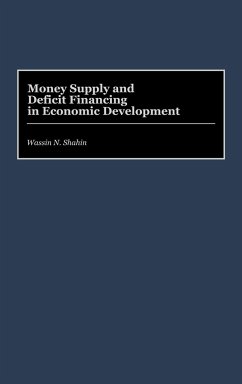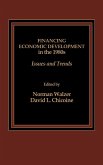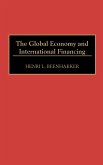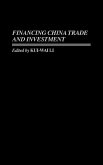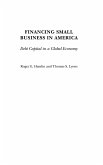Budget deficits are features of over 80 percent of the countries in the world. This book analyzes the macroeconomic impacts of these deficits by taking the approach that their stabilization consequences depend largely on their effects on money supply. The book highlights and compares, between the developing and the industrial countries, the characteristics of revenue and expenditure, the various methods of financing budget deficits and their money supply implications, the stabilization consequences of deficit financing, and various issues of monetary control and liberalization of financial markets. Since the evidence on deficits causing inflation is strongest in the developing countries of the Western Hemisphere, the emphasis of the analysis and the recommended solutions and reforms address the developing economies. The book analyzes the various financial characteristics of developing economies and the features of the revenue and the expenditure sides of budgets to determine the nature and size of deficits. The analysis proceeds by relating budget deficits to their money supply based on various methods of domestic and foreign finance in the industrial and developing worlds. The book then examines the macroeconomic consequences of large increases in money supply and evaluates policies of inflationary finance. The analysis recommends monetary control measures by providing one of the most comprehensive surveys on the relationship between monetary policy instruments and money supply in economic development. The last chapter analyzes methods for liberalizing markets for government securities and examines the experiences of Taiwan and Korea with open-market operations. Ideal as supplemental reading for courses in international money and finance, economic development, and topics in macroeconomics, this book is an important resource for policymakers involved in issues of deficits and monetary policy.
Hinweis: Dieser Artikel kann nur an eine deutsche Lieferadresse ausgeliefert werden.
Hinweis: Dieser Artikel kann nur an eine deutsche Lieferadresse ausgeliefert werden.

